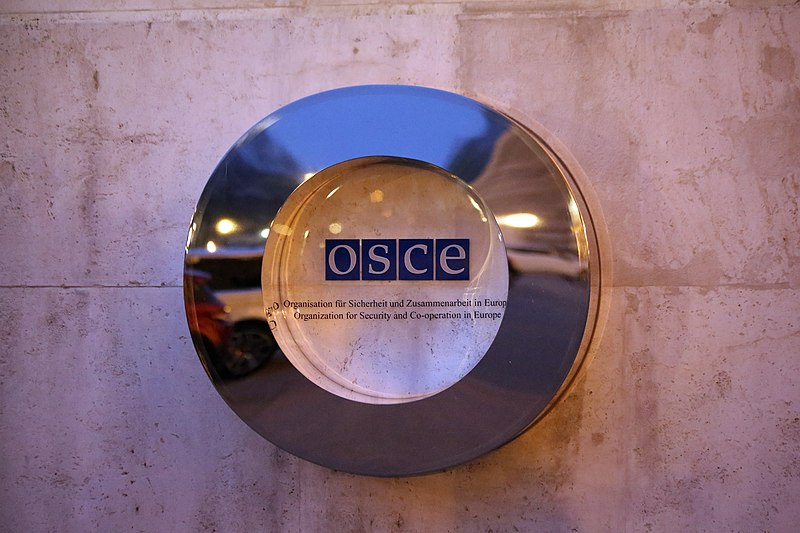Russian Foreign Ministry says limitation for number of observers connected to pandemic restrictions
MOSCOW (AA) – Russia regrets the refusal of the Organization for Security and Cooperation in Europe (OSCE) to take part in monitoring Russian parliamentary elections scheduled for September.
The OSCE Office for Democratic Institutions and Human Rights (ODIHR), the principal institution of the OSCE for assessing electoral processes, notified the Russian Central Election Commission earlier that it would not observe the election because the number of observers in the mission was limited, Russian Foreign Ministry deputy spokesman Alexandr Bikantov said at a news conference Thursday.
He pointed out that restrictions for foreign observers were introduced because of the coronavirus pandemic and that the ODIHR was offered the biggest quota, “in no less quantity than the ODIHR sent to observe, for example, the US elections last year.”
“We regret the decision of the OSCE’s ODIHR to refuse to send an election observation mission to the Russian Federation. The bureau’s de facto disregard for our efforts to counter the spread of a new coronavirus infection is frankly disappointing,” Bikantov said.
He added that the ODIHR preparatory group refused to record that the number of observers should be considered, if necessary, depending on the situation with the coronavirus pandemic.
“We also cannot agree with the arguments of the ODIHR director, from which it follows that independent, credible observation of elections is linked to the number of observers,” Bikantov said.
The ODIHR’s refusal shows the necessity to define clear rules for the work of its monitoring missions, approved by all the OSCE member states, Bikantov noted.
“To date, the only agreed obligation is to invite foreign observers to the elections, and it is strictly implemented by Russia,” he said.
Bikantov warned that as far as the ODIHR’s withdrawal from participating in the observation of the elections, its further statements, assessments, or comments regarding the organization of voting in the Russian parliamentary elections and the electoral process as a whole are “unlikely to be worthy of attention” and will not be taken into account.
The ODIHR’s refusal to monitor parliamentary elections in Russia is also fraught with possible unwillingness to recognize the results of the vote and the legitimacy of deputies, including in international parliamentary organizations.

